UN rights chief censures ‘lack of inclusivity’ of Taliban interim administration
The UN rights chief has criticized the Taliban’s interim administration in Afghanistan, which is dominated by veteran loyalists, most of them ethnic Pashtuns.
Presenting an oral update on the situation in Afghanistan to the UN Human Rights Council in Geneva on Monday, Michelle Bachelet said she was “dismayed by the lack of inclusivity of the so-called caretaker cabinet, which includes no women and few non-Pashtuns.”
The UN High Commissioner for Human Rights stressed that most Afghans were eager to see an end to the decades of division in the war-ravaged country.
“They long for peace and stability in a country where they and their children can prosper.”
She said Afghanistan was in a “new and perilous phase” with many women and members of ethnic groups and religious communities deeply concerned for their rights.
Most Afghans, Bachelet said, wanted to live in a country “where they can contribute to a governance system that encourages meaningful participation of women and youth, and brings together the country's ethnic and religious communities.”
But she said information received by her office, “which we assess to be well-founded, indicates that practice on the ground has often contradicted these stated commitments.”
She highlighted arbitrary detentions of people who worked for previous governments, including some who were later “found dead.”
Bachelet pointed in particular to “credible allegations of reprisal killings” of former members of the Afghan national security forces.
She decried multiple allegations of house-to-house searches, raids on offices of some civil society groups, as well as “increasing violence against protesters and journalists.”
Bachelet voiced particular concern for the situation of women in Afghanistan.
“In contradiction to assurances that the Taliban would uphold women's rights, over the past three weeks women have instead been progressively excluded from the public sphere.”
Elsewhere in her remarks, the rights chief reiterated her appeal to the council to set up a “dedicated mechanism” to monitor the situation in Afghanistan to ensure accountability for violations.
Still too early to discuss recognizing Taliban: Qatar
Separately, Qatar's Foreign Minister Sheikh Mohammed bin Abdulrahman Al Thani said during a press briefing with his French counterpart on Monday that it was still too early to consider recognizing the new rulers in Kabul.
“We have always urged the Taliban and the government, we reiterated that yesterday, that the Afghan people's gains must be protected including women's rights and their role in the development of Afghanistan,” the top Qatari diplomat said in Doha following a visit to Kabul on Sunday.
“We believe keeping insisting on the issue of recognition right now is not going to be helpful for anyone. What we believe can be helpful and more constructive is to engage with them to make sure the commitments they have put forward will be implemented.”
Doha hosts the Taliban's political office and has considerable influence over the Taliban and played a pivotal role in the massive airlift of US citizens and other Western nationals last month.
The government of Afghanistan rapidly collapsed on August 15 with President Ashraf Ghani fleeing the country in the face of lightning advances of the Taliban.
The Taliban announced the formation of a caretaker government in Afghanistan, three weeks after their takeover and a power vacuum in the war-torn country.
After Venezuela, Trump sets sight on Cuba for 'regime change': Report
Trump’s ‘bulldozer’ diplomacy is deepening US-France rift: Analyst
Israeli bullets found in bodies of children killed in recent Iran riots: Report
South Korean civic leaders demand peace with North
VIDEO | Iran foreign-backed terrorist attacks: Italian diplomats decry US-Israel interference
VIDEO | Israel demolishes UNRWA structures in East al-Quds
VIDEO | Press TV's news headlines
VIDEO | 100+ days of ceasefire: Israeli killing of Palestinians continue amid Intl. silence and impunity


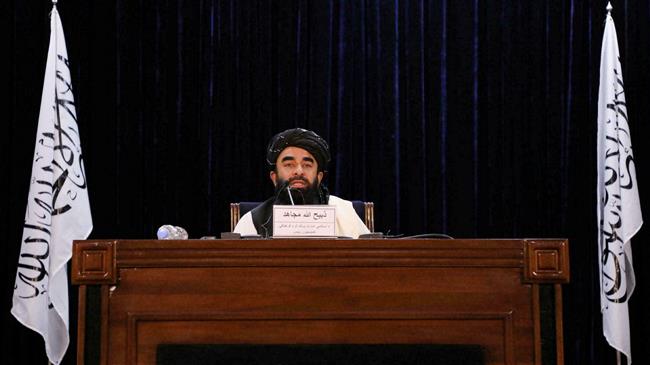
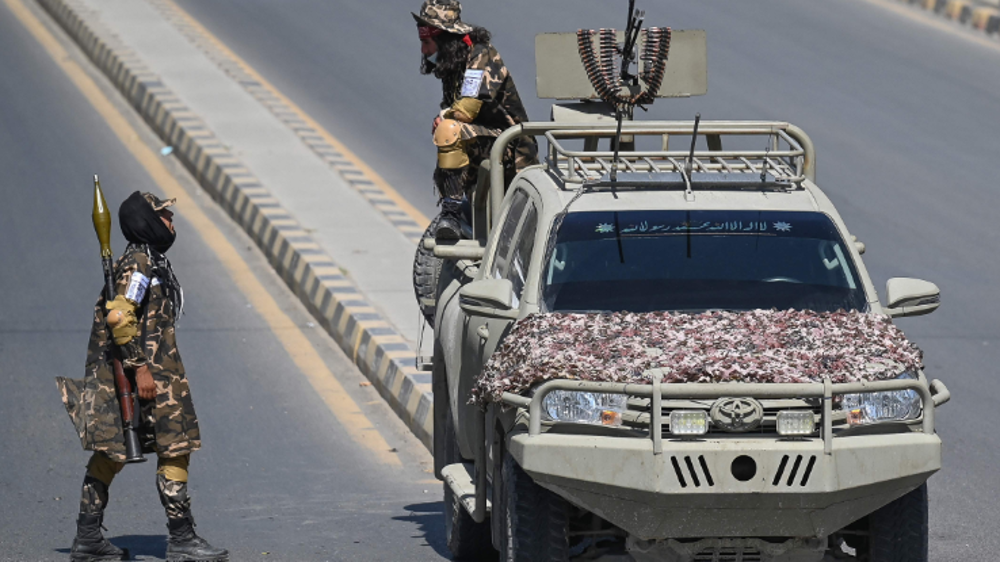
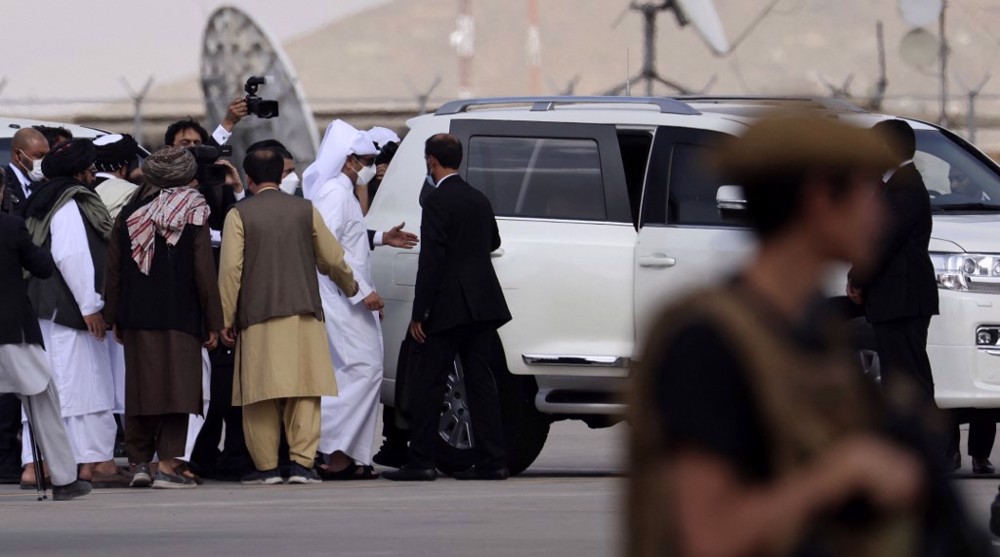
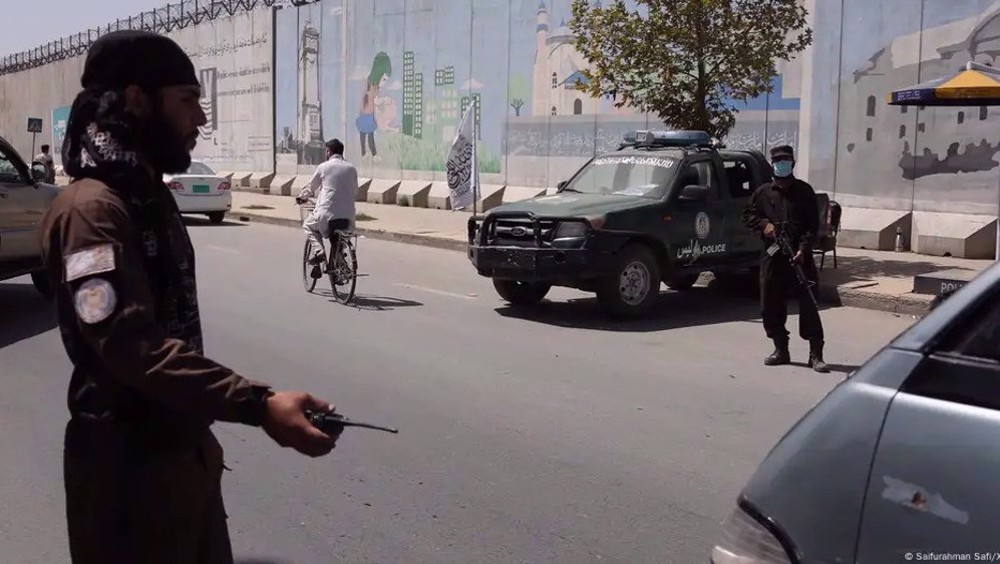
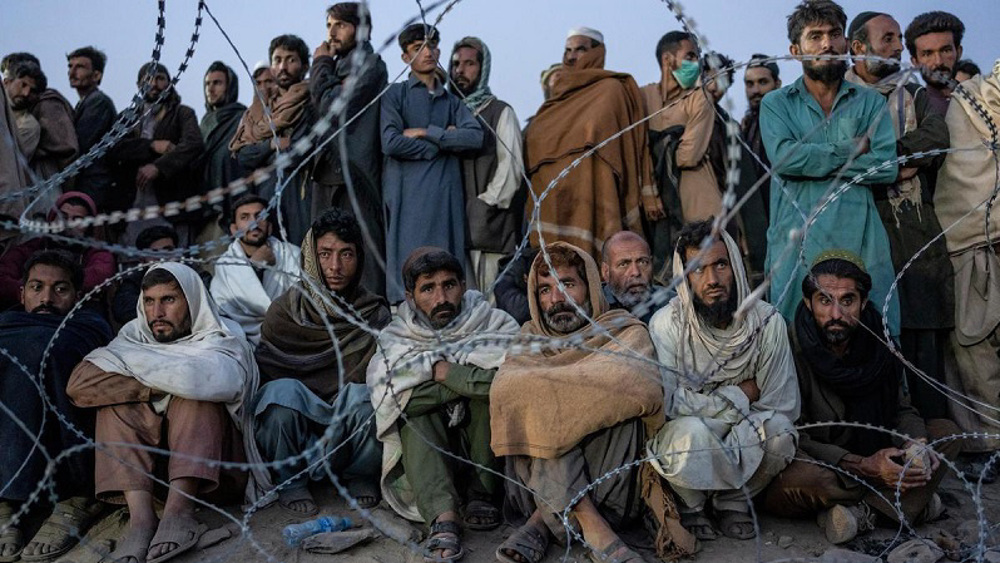




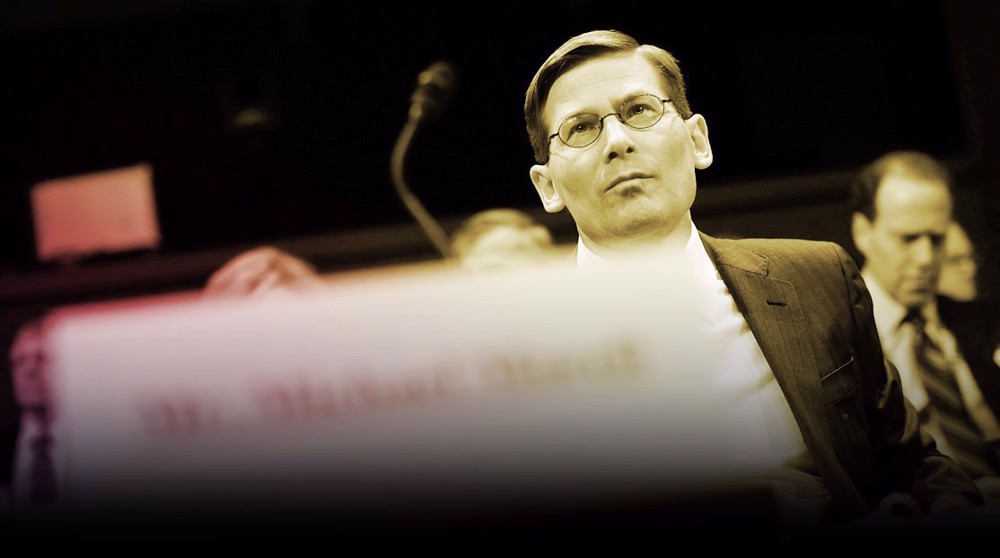
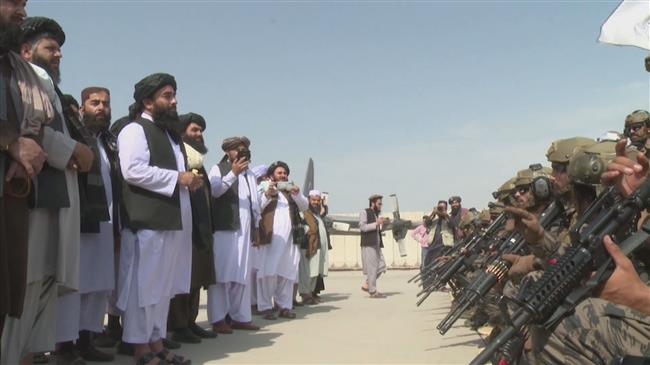
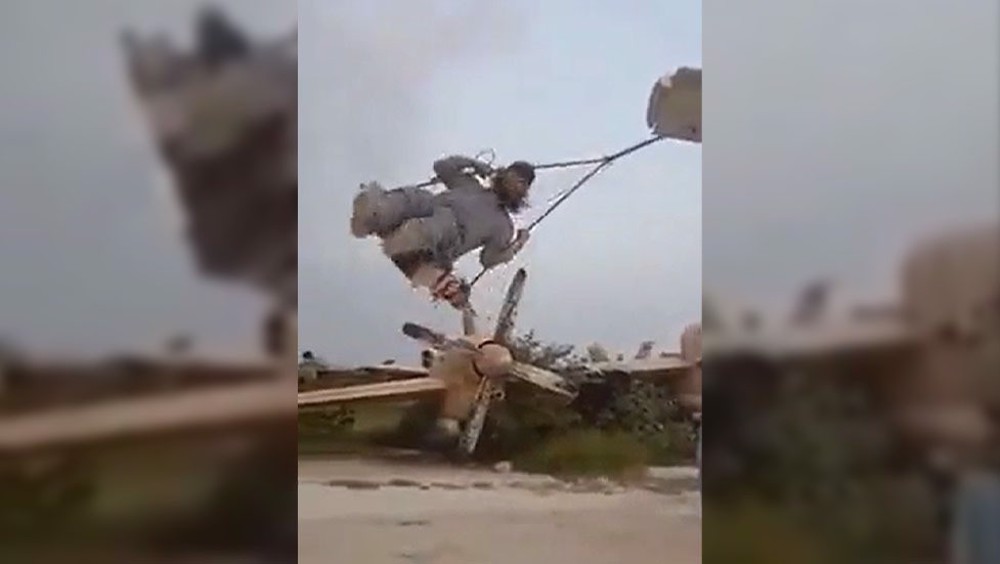
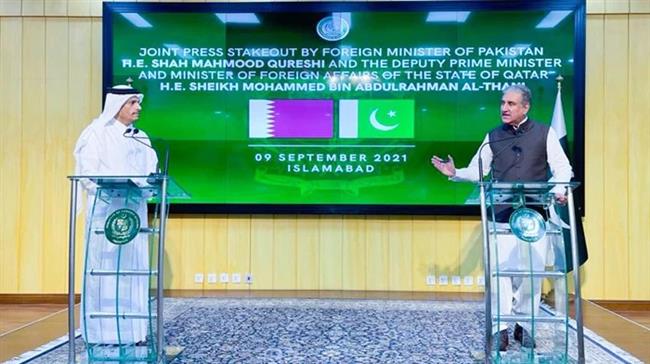

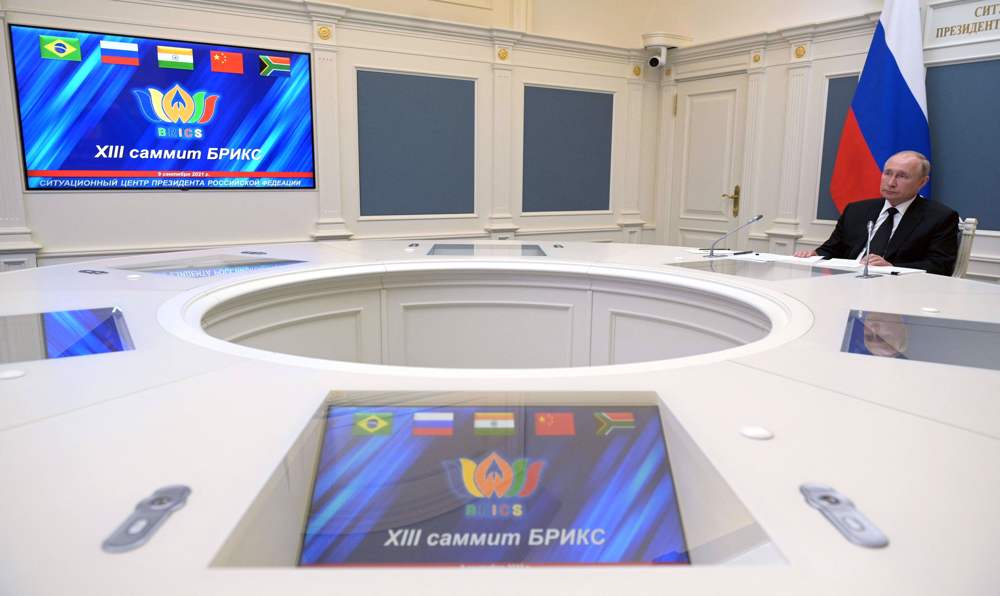
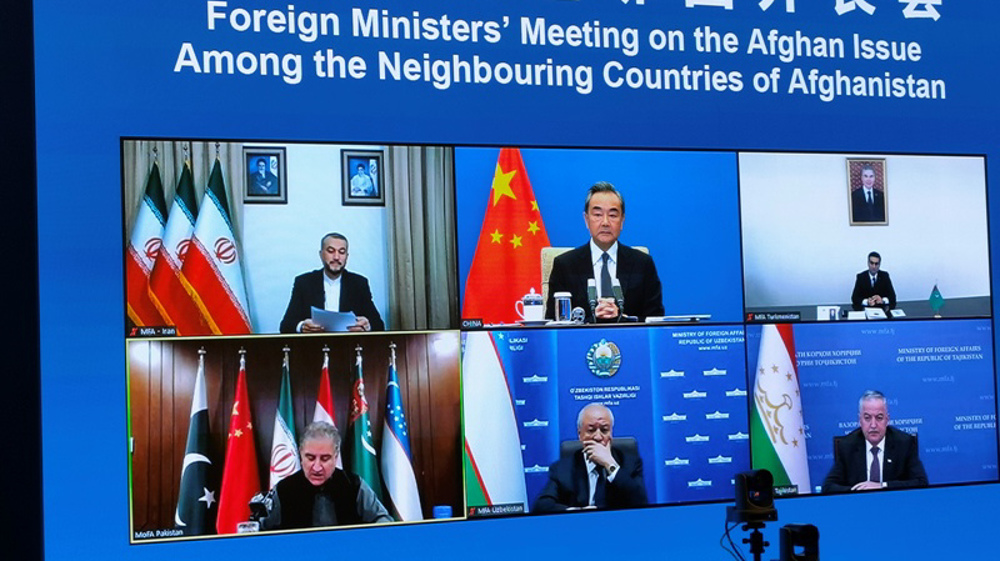
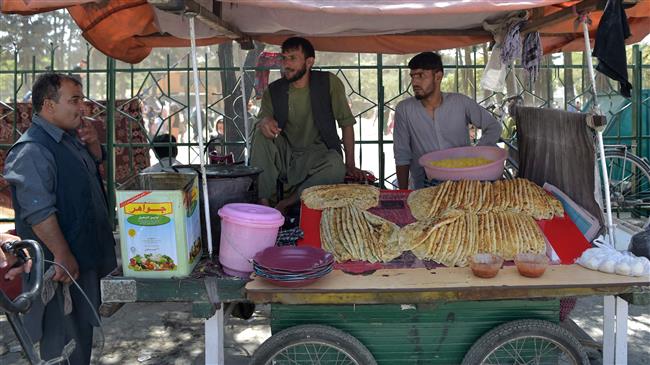
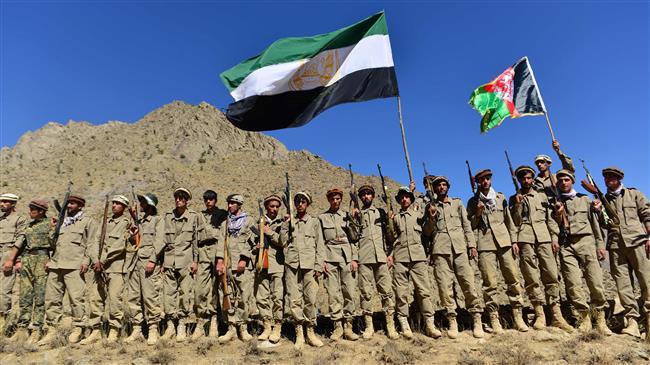
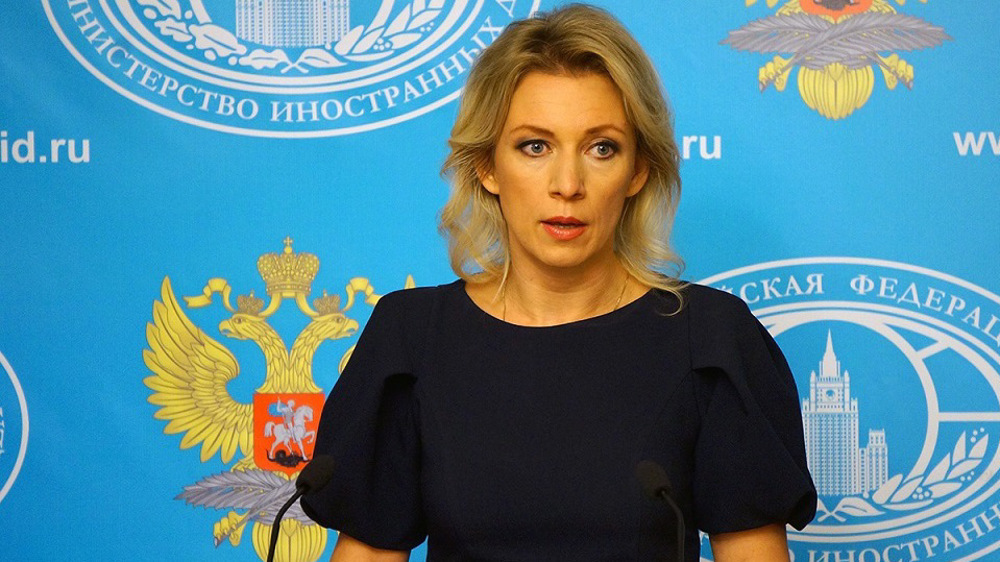

 This makes it easy to access the Press TV website
This makes it easy to access the Press TV website